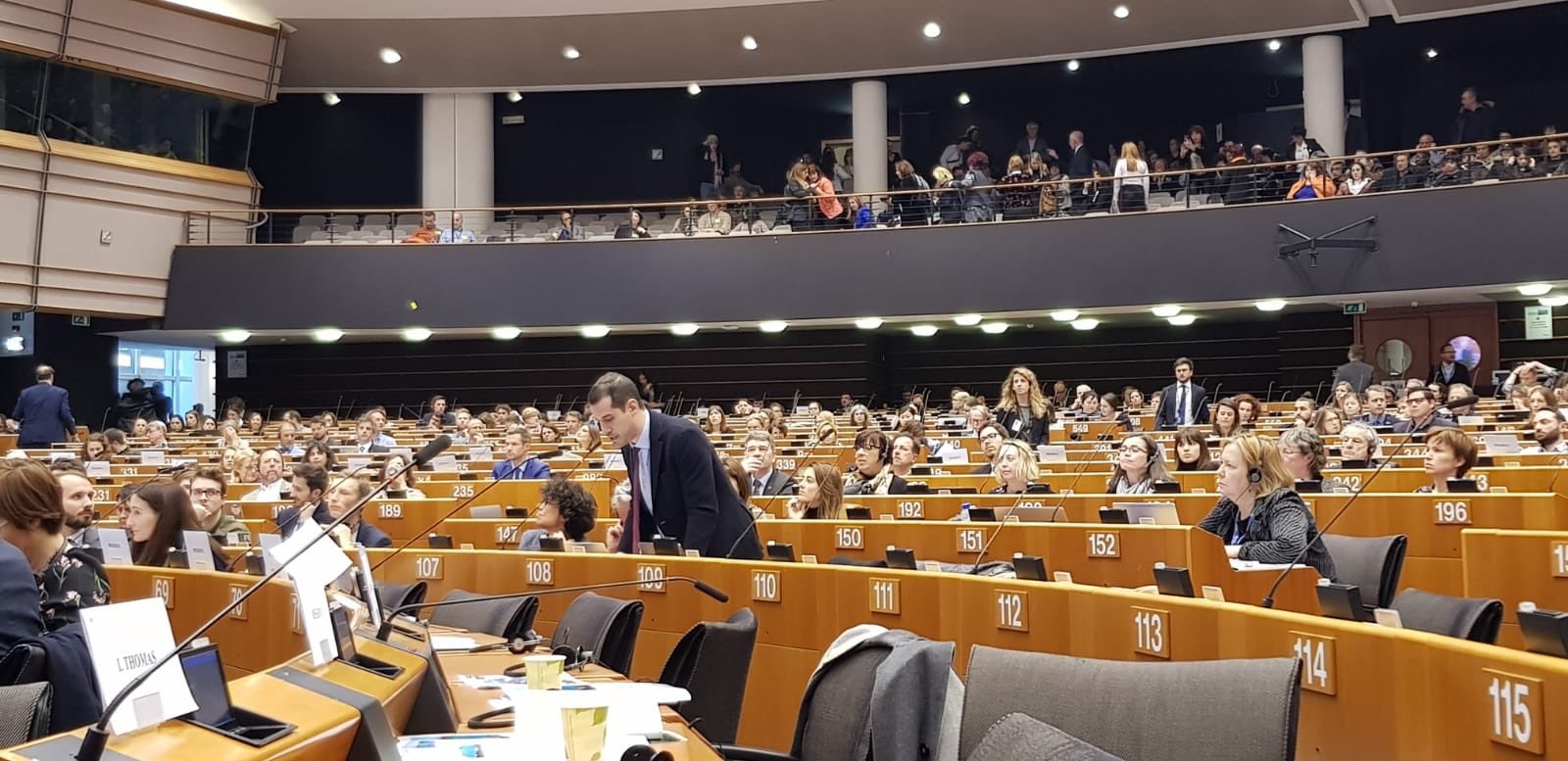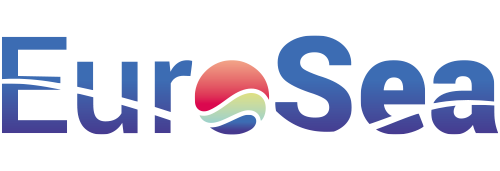
Description
The science-policy interface plays a critical role in translating complex scientific research into actionable policies that can be practically implemented. However, this interface is historically fraught with challenges, including communication gaps, misunderstandings of scientific complexity, and varying priorities. Deliverable 8.3 addresses these challenges, providing insights and best practices on bridging this gap in the context of ocean observing and forecasting.
Impact During the Project
Improved Communication Between Scientists and Policymakers:
Traditional State: Historically, there might be gaps or barriers in communication between the scientific community and policymakers, leading to potential misunderstandings or misapplications of research findings.
Advancement: By detailing lessons learned and best practices, Deliverable 8.3 provides actionable insights into how to improve this communication, ensuring scientific findings are appropriately translated into policy actions.
Enhanced Integration of Scientific Knowledge into Policymaking:
Traditional State: Policymaking processes might not always take into full account the latest scientific findings or may misinterpret their implications.
Advancement: The document emphasizes pathways and methods by which scientific findings can be more directly and accurately integrated into the policymaking process.
Feedback Loop Creation:
Traditional State: Feedback loops between policymakers and scientists were often unstructured or non-existent, leading to one-sided decision-making processes.
Advancement: By using measures like user satisfaction surveys, the process emphasizes the creation of structured feedback loops, ensuring that both parties can iteratively refine their approaches based on feedback.
Impact Post Project
Establishment as a Reference Document for Best Practices:
Traditional State: Before Deliverable 8.3, there might not have been a unified, comprehensive document detailing best practices for the science-policy interface in the context of ocean observing.
Advancement: As the document gets cited and used more often, it can establish itself as a foundational reference for best practices in the field, guiding other projects and initiatives.
Strengthened Policy Decisions Based on Scientific Evidence:
Traditional State: Policies related to ocean observing and forecasting might have been made without a full understanding or integration of the latest scientific evidence.
Advancement: With the lessons learned and best practices detailed in the document, policy decisions can be more robustly founded on current scientific evidence, leading to better outcomes.
Broader Application of Best Practices:
Traditional State: Lessons learned and best practices might have been limited to specific projects or regional initiatives.
Advancement: The document’s principles and insights can be applied beyond just European ocean observing projects, offering a blueprint for effective science-policy interfacing in other sectors or regions.
Advancement over and above State of the Art
Deliverable 8.3 represents a pivotal advancement in the domain of science-policy interfacing for ocean observing and forecasting. By articulating challenges, detailing lessons learned, and providing actionable best practices, the document serves as a guide for both the scientific and policymaking communities. Over time, its recommendations can lead to more effective, evidence-based policy decisions, strengthened communication channels between researchers and policymakers, and enhanced overall outcomes for ocean conservation and management.
Link here.
Links and References
Link to D.8.3 – Lessons learnt report: https://eurosea.eu/download/eurosea_d8-3_lessons_learnt_on_science-policy_interface_revised_resubmitted/?wpdmdl=5610&refresh=64fc8e04ca7251694273028
Link to D.1.1 – Policy foresight report: https://eurosea.eu/download/eurosea_d1-1_report_policies_foresight_final_resubmitted/?wpdmdl=5498&refresh=650197c344c3d1694603203
